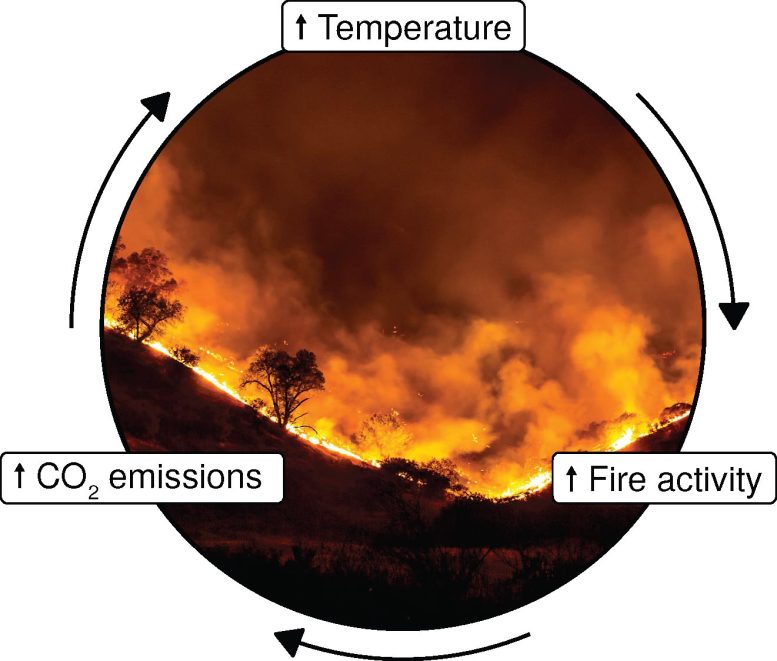
The wildfire-climate change feedback loop. Credit: Chris Wolf, William Ripple Background photo by Peter Buschmann
A new report warns of many risky climate feedback loops and the need for action in both research and policy. It was written by an international team of researchers, including scientists from Oregon State University (OSU) and will be published today (February 17, 2023) in the scientific journal One Earth. The report states that partly due to amplifying climate feedbacks, “a very rapid drawdown in emissions will be required to limit future warming.”
Researchers from the United States and Europe listed and described 41 climate feedback loops that have major implications for the outlook on climate change. Climate feedback loops are processes that can either amplify or diminish the effects of our greenhouse gas emissions, initiating a cyclical chain reaction that keeps repeating again and again. There are many large amplifying feedbacks that accentuate warming. In total, the researchers identified 27 amplifying feedbacks, 7 dampening feedbacks, and 7 uncertain feedbacks.
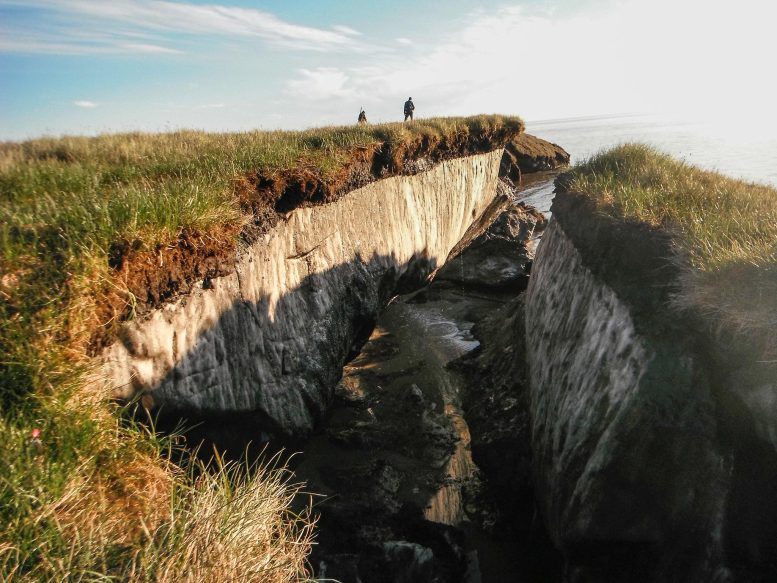
Permafrost. Credit: Brandt Meixell, USGS
The lead authors, Christopher Wolf, a postdoctoral researcher at OSU, and William Ripple, a distinguished professor of ecology at OSU, were joined by several US and international scientists who are credited as co-authors on the report. Ripple is also an affiliate scientist with the Conservation Biology Institute.
The authors highlight several particularly troubling feedback loops such as the permafrost feedback wherein rising temperatures lead to permafrost thawing, which results in more carbon dioxide and methane emissions, leading to further warming. Other potentially dangerous feedbacks include drying or smoldering peatlands and forest dieback. Because these feedbacks may not yet be fully incorporated into climate models, current emissions drawdown plans could fail to adequately limit future warming. In addition, “some climate feedback loops are associated with tipping points, which will make it difficult to reverse their effects,” said coauthor Jillian Gregg, a scientist at Terrestrial Ecosystems Research Associates.
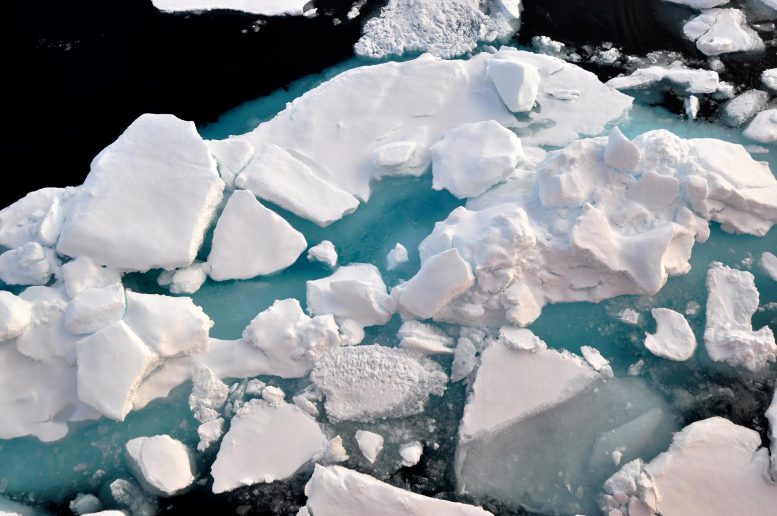
Sea ice. Credit: Patrick Kelley, U.S. Coast Guard
Motivated by the many amplifying climate feedbacks, the authors make two recommendations. With regard to climate research, a rapid transition toward integrated Earth system science is needed in order to fully account for biological, social, and other interactions that may influence the climate. In terms of climate policy, more ambitious plans for emissions drawdown should be pursued given both ongoing climate disasters and long-term catastrophic risks. Such plans could include employing nature-based solutions to sequester more carbon from the atmosphere. “The strategic establishment of large natural carbon sinks such as forests is a critical step toward reaching carbon neutrality,” said Ripple.
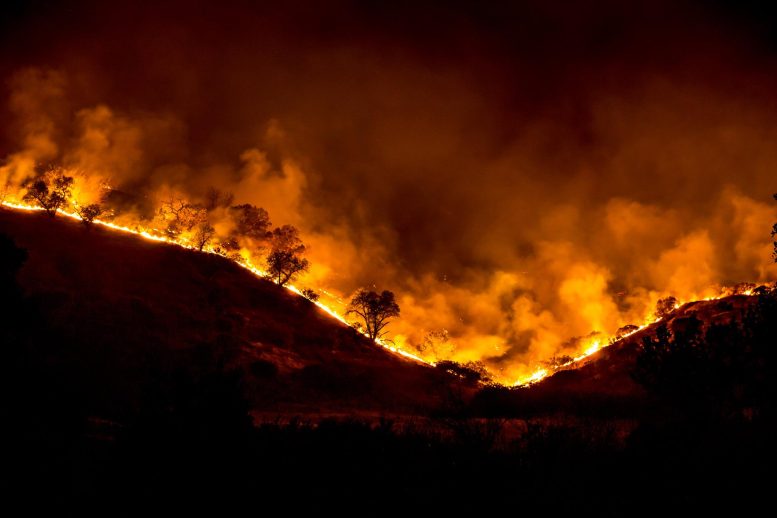
Wildfire. Credit: Peter Buschmann
The authors concluded by issuing a call for transformative change to address the climate crisis and dangers posed by feedback loops. According to Wolf, “policies are needed to facilitate transformative and socially just changes across many sectors, including energy and food production.”
The paper is accompanied by the launch of a feedback loops website with animated feedback loops inspired by the study.
Reference: “Scientists warn of many dangerous climate feedback loops” by William J. Ripple, Christopher Wolf, Timothy M. Lenton, Jillian W. Gregg, Susan M. Natali, Philip B. Duffy, Johan Rockström and Hans Joachim Schellnhuber, 17 February 2023, One Earth.
DOI: 10.1016/j.oneear.2023.01.004
In addition to Wolf, Ripple, and Gregg, five other scientists are co-authors of the paper:
Timothy M. Lenton of University of Exeter, Susan M. Natali and Philip B. Duffy of the Woodwell Climate Research Center, Johan Rockström and Hans Joachim Schellnhuber of the Potsdam Institute for Climate Impact Research.


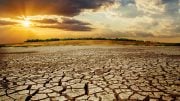

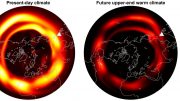



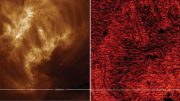
Be the first to comment on "Scientists Warn: Action Required on Many Dangerous Climate Feedback Loops"